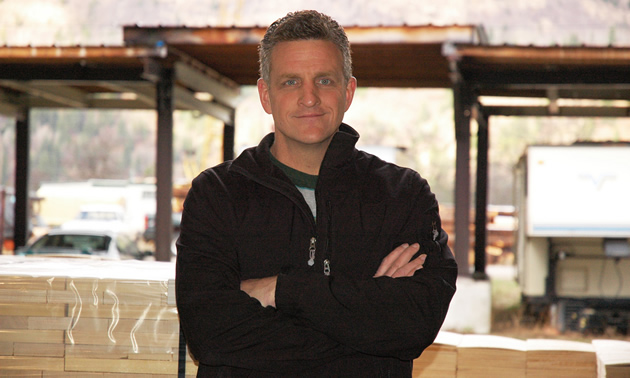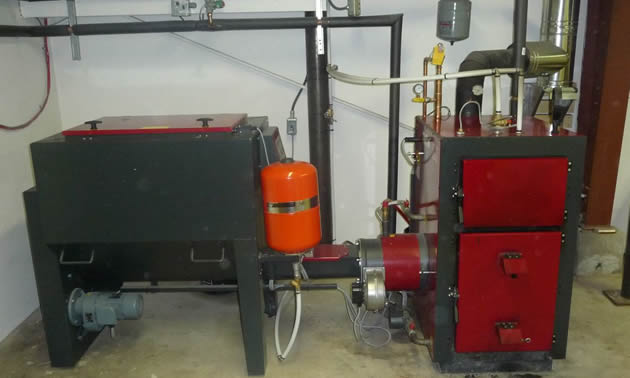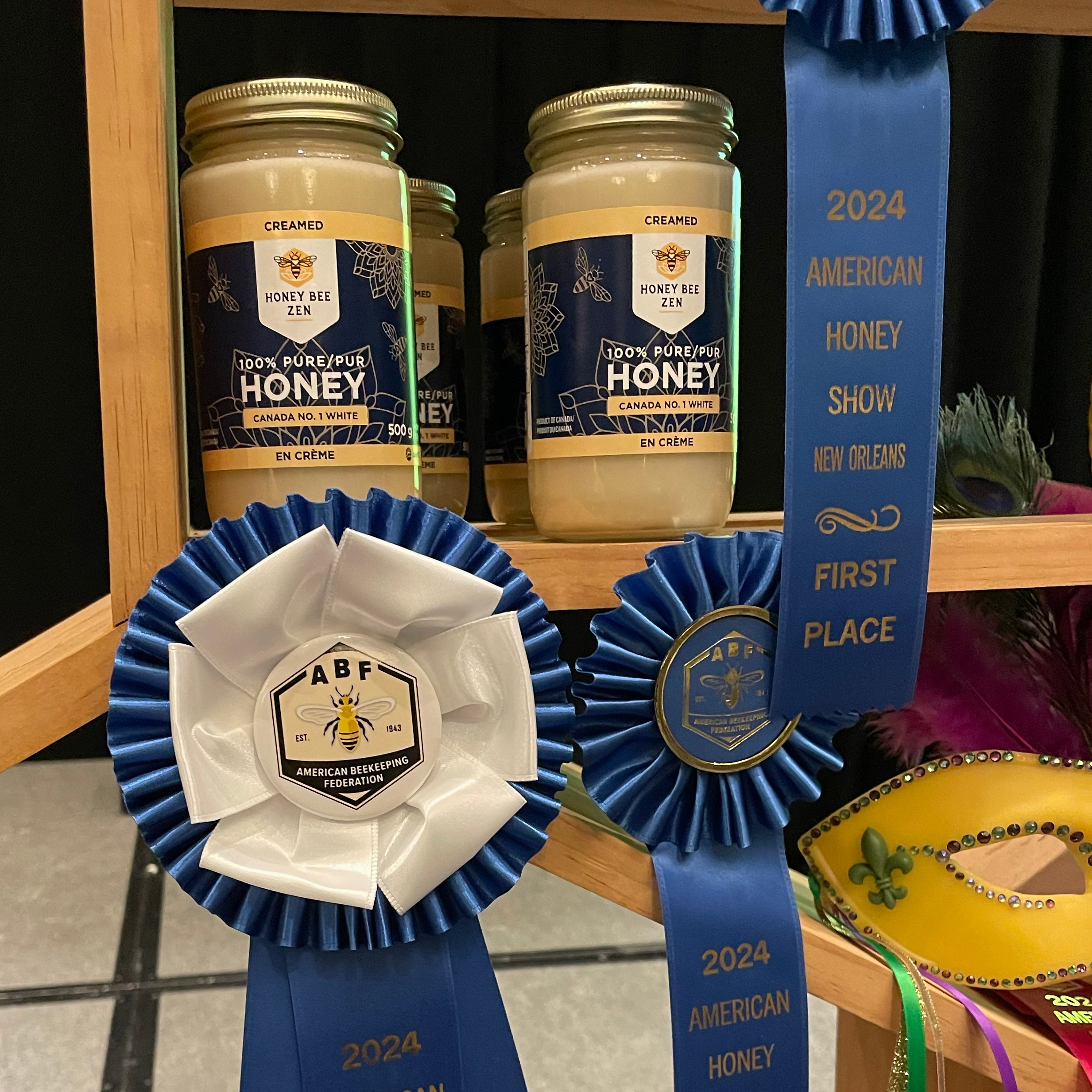Ever heard of a biomass boiler?
Kootenay Tonewood is turning its green sawdust into fuel, which is in turn used to provide energy for the shop's operations
Graham Hein has been involved in the forest-products industry since he finished high school, and he doesn't like to see waste or misuse of our natural resources.
During the years that he worked for Kalesnikoff Lumber Company—a business whose philosophy he admires—near Castlegar, B.C., Hein learned a lot about the properties and best uses of various types of wood. When he went into business for himself in July 2005, he focused specifically on tonewood—a type of wood used in making musical instruments. His company, Kootenay Tonewood, is located near Trail, B.C. It is set to produce about 50,000 matched sets of music wood this year, for guitars, violins and such, from about 500 cubic metres of harvested wood.
A practical use for bio-waste
All that wood cutting produces a lot of green sawdust—about 10,000 litres per month—and for Hein, dumping the sawdust at a local landfill seems wasteful as well as disrespectful to the trees that he carefully selects and harvests. The time and energy needed to season green sawdust makes it impractical as a fuel for traditional wood stoves, so Hein searched for alternative ways to utilize the sawdust.
In spring of 2012, Hein found what he was looking for. A unit called a biomass boiler—which has been used in Europe for over 30 years—is now available in Canada through Ackhurst Machinery Limited. The boiler specifications indicated it would be suitable for burning the green sawdust to heat his shop and run his drying kilns, and it would substantially reduce the cost of energy for his business.
Energy conservation equals cash conservation
Hein was able to obtain funding through LiveSmart B.C.’s Champion program to install the biomass boiler. Kootenay Tonewood was one of 12 B.C. small businesses that received a portion of the Champion funding totalling $244,415, to develop creative methods to save energy. It all started with a free energy assessment from a LiveSmart Business Energy Advisor. All of the projects demonstrate innovative energy-efficiency opportunities and/or energy savings of at least 20 per cent. Hein figures that what he saves in the cost of energy will easily pay for the unit within three years.
“The boiler is not messy to use, and it’s virtually smokeless,” said Hein's wife, Shelley. “It takes some time to learn to adjust the settings, though.”
Hein said that the new system is extremely efficient—he gets all that energy for free and uses only about half of his available fuel. Hein is presently taking his excess sawdust to a local mill, where it is turned into hog fuel. He is researching other ways to utilize the remaining fuel, and Community Futures is involved with him in that process.
With vision and dedication, Kootenay Tonewood is striking a harmonious environmental note.








Comments